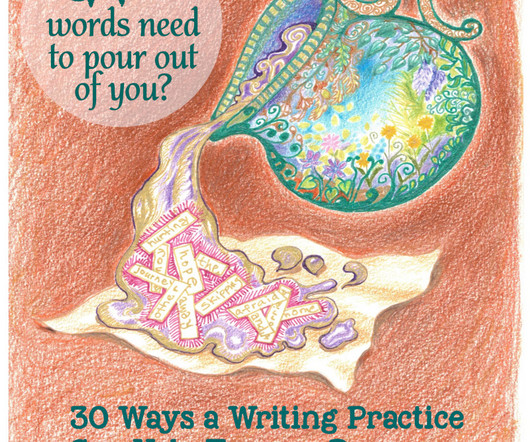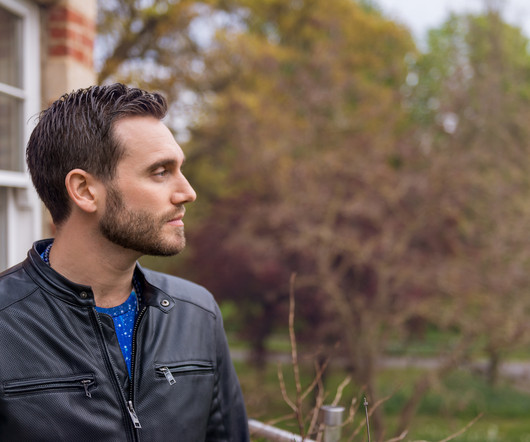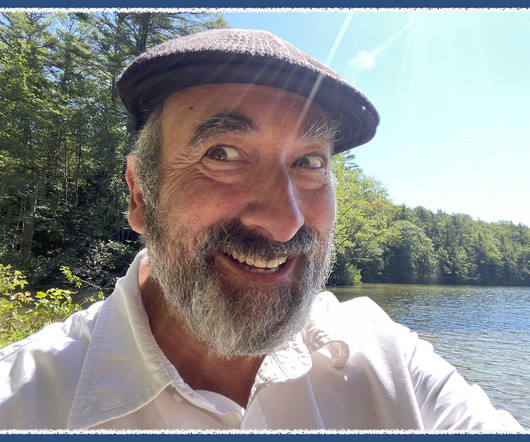Dreaming with Purpose: How the Mind’s Hidden GPS Can Guide Us Toward Personal and Societal Healing
Mad in America
APRIL 17, 2025
For trauma survivors, these visions often spill into waking life as flashbacks, blurring the line between sleep and waking reality. For trauma survivors, these visions often spill into waking life as flashbacks, blurring the line between sleep and waking reality. People dreamed of tidal waves, crumbling cities, and faceless threats.












Let's personalize your content